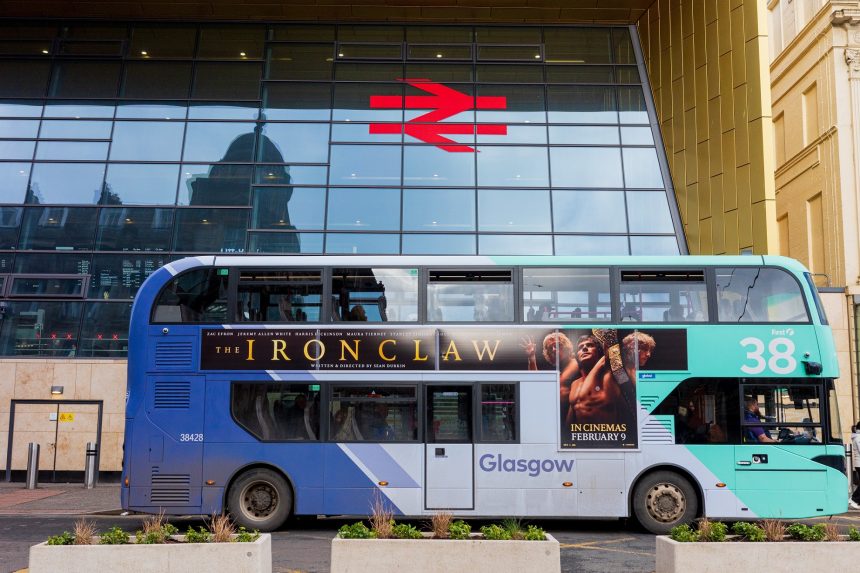Strathclyde Partnership for Transport (SPT) has published a non-statutory consultation on recommended options for reform of bus services in the region that extend to development and deployment of a franchising model.
SPT Chair Cllr Stephen Dornan underlines in the consultation foreword how franchising forms part of a dual approach to that overhaul.
In the medium-term, it plans to deliver “statutory, legally binding partnerships” between SPT, bus operators and local authorities “to lock in commitments and investments from private and public sector parties,” according to Mr Dornan. That will arrest further decline in patronage, the Partnership believes.
Beyond that, the aspiration for franchising comes into play. “This will take longer to develop and implement, but we believe [that] this model gives the most certainty in the long-term to delivering a better bus network that works for everyone,” he continues.
It is not clear how keen incumbent operators will be to make the investment advocated by Mr Dornan under the intermediate Bus Service Improvement Partnership approach. Among those, McGill’s Bus Group has repeatedly excoriated the franchising proposals and said that it will make all efforts prevent them from progressing.
The consultation process will heavily influence development of the Strathclyde Regional Bus Strategy, with that work to take place in 2024-25. A draft bus strategy will then be consulted upon before a final version is presented to the SPT Partnership Board in 2025, after which delivery of work will commence.
In detailing the local services franchising approach, SPT accepts that the development process is yet untested in Scottish legislation and that it will come with the highest cost burden on the public purse of all options under consideration.
Working through that is expected to take between five and seven years and incur costs “upwards of £15 million or more” to reach the point of implementation. Once established, a franchising scheme “will require substantial additional annual subsidy to deliver an enhanced network across the region,” SPT adds.
“It is clear that transitioning to a franchise model would not be quick, would require significant expansion to the roles and capabilities of SPT, and would require identification of new funding sources,” the consultation document continues.
Notably, it adds that “there may be merit” in the short-term of establishing a municipal bus operation to deliver services where they are already run under contract to SPT, although appetite for a larger municipal operation is lacking.
Nevertheless, SPT adds it will consider developing such a small-scale municipal, or municipals, aimed at providing socially necessary services in parts of its territory where private operators are currently limited.
Read the SPT bus reform consultation document here.

























